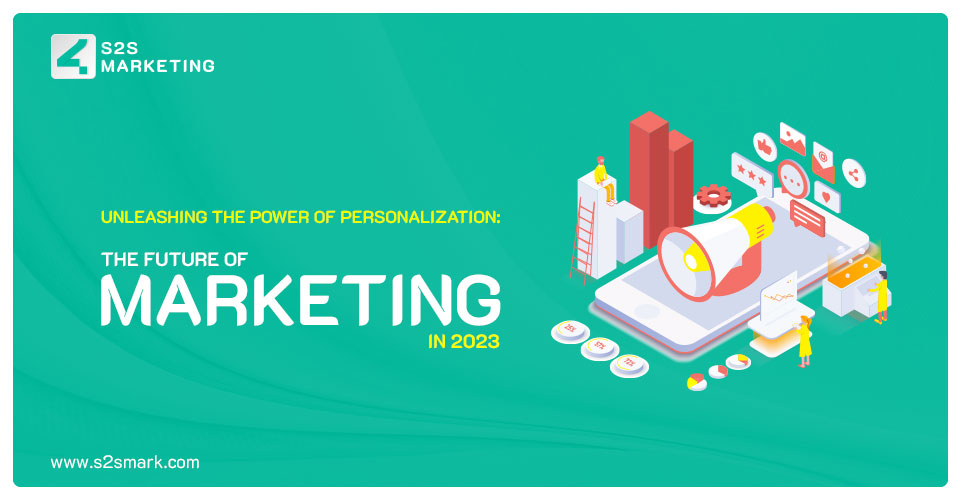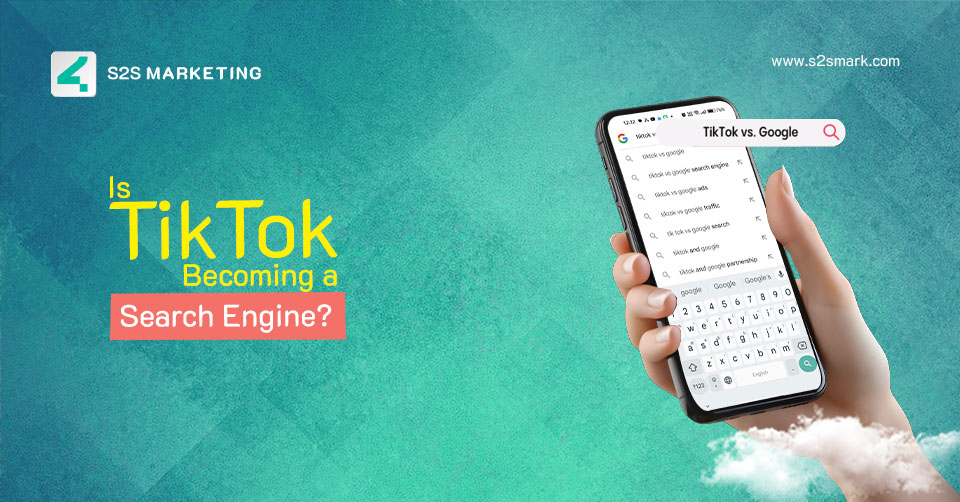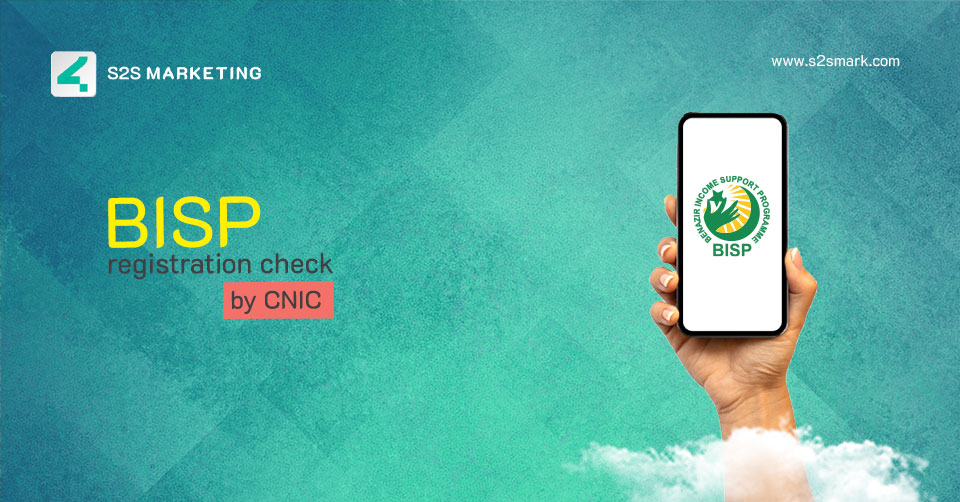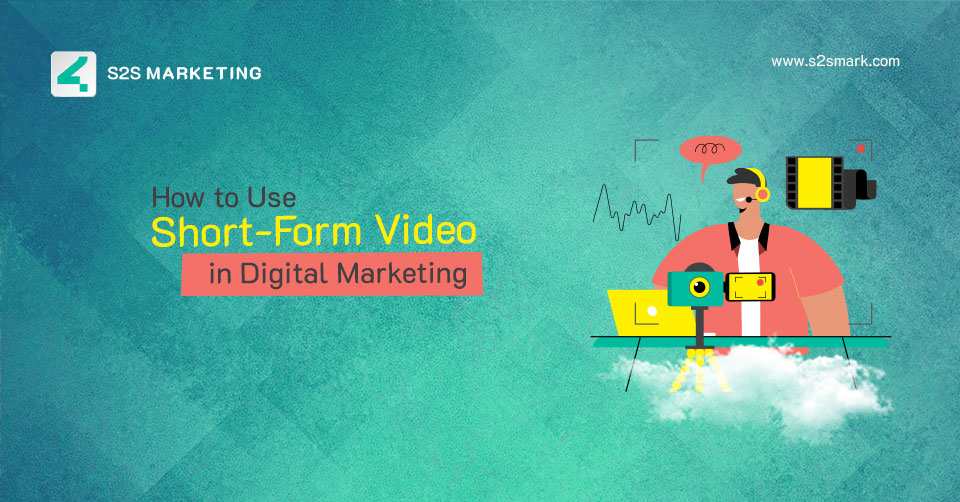Personalization has been a buzzword in marketing for years, but it’s quickly becoming a defining feature of the industry. As consumers expect more tailored experiences, the importance of personalization in marketing continues to grow. In this blog, we’ll explore the future of personalization in marketing and how brands can harness its power to drive growth in 2024.
From celebrity endorsements to personalized customer experience reviews, personalization is a great way to expect higher engagement with your audience. By helping your vision stand out, bringing awareness to your industry, and helping you achieve greater success, you cannot ignore the effectiveness of personalization.
The Power of Personalization
Personalization has the power to transform the customer experience and build stronger, more meaningful connections between brands and consumers. Personalized campaigns and messaging have been shown to increase engagement, drive conversions, and build brand loyalty. In today’s fast-paced, technology-driven world, consumers are bombarded with an overwhelming amount of information and marketing messages. Personalization helps to cut through the noise and deliver more relevant, valuable experiences to customers.
The Future of Personalization in Marketing
As technology continues to advance, personalization is set to become even more sophisticated and effective. Advancements in artificial intelligence and machine learning will allow brands to gather more data on customer behavior and preferences, enabling them to deliver even more personalized experiences. Augmented reality and virtual reality will also play a role in the future of personalization, enabling brands to create immersive, highly personalized experiences for customers.
Facebook’s plan to immerse itself in the wide range of services related to virtual reality make it a necessity to find creative marketing ways to target this market. Facebook ads are another great way to find the most promising customers for your business’s growth. Furthermore, Facebook as well as marketing on other platforms relies on metadata information that is included in the HTML code of a Facebook page or post. This metadata provides information about the page or post to search engines and social media platforms, improving the visibility and accessibility of the content. The benefits of using Meta information include improved search engine ranking, increased click-through rate from social media and search engines, and a better user experience for those who discover your content through search. Additionally, metadata can be used to provide information about the content to social media platforms, allowing for better sharing and engagement with your audience.
Maximizing the Power of Personalization
To unleash the power of personalization in marketing, brands need to focus on gathering customer data and using it to create tailored experiences. This requires a data-driven approach and an investment in the technology and tools needed to gather and analyze customer data. Brands should also be focused on building strong relationships with customers, using personalization to deliver value and build trust.
For instance, knowing what aspects of your marketing game prove successful in driving engagement allows you to strengthen and personalize the kind of content you create. Ultimately, to maximize the strength of your personalization, you must focus on building a healthy and trustful relationship with your customers. Putting out informational content is good enough; but contextualizing it for your key customers makes it likely that they’ll repeatedly buy your product/service.
The Future is Here
Personalization is no longer just a trend in marketing, it’s the future of the industry. As we move into 2024, brands that invest in personalization will be the ones that succeed. By collecting customer data and using it to create tailored experiences, brands can deliver real value to customers and drive growth in an increasingly competitive market. Waiting to adapt to a culture of personalization is probably not the most effective way in brand building and making a distinct impact. The time to change is now, for the future of marketing is about individualism.
Conclusion
In conclusion, personalization is a powerful tool for marketing, and the future of the industry is likely to be dominated by brands that embrace its power. With the right investment in technology and data, brands can deliver highly personalized experiences that drive engagement, conversions, and brand loyalty. If you’re looking to maximize your marketing efforts in 2024, it’s time to start thinking about personalization.





